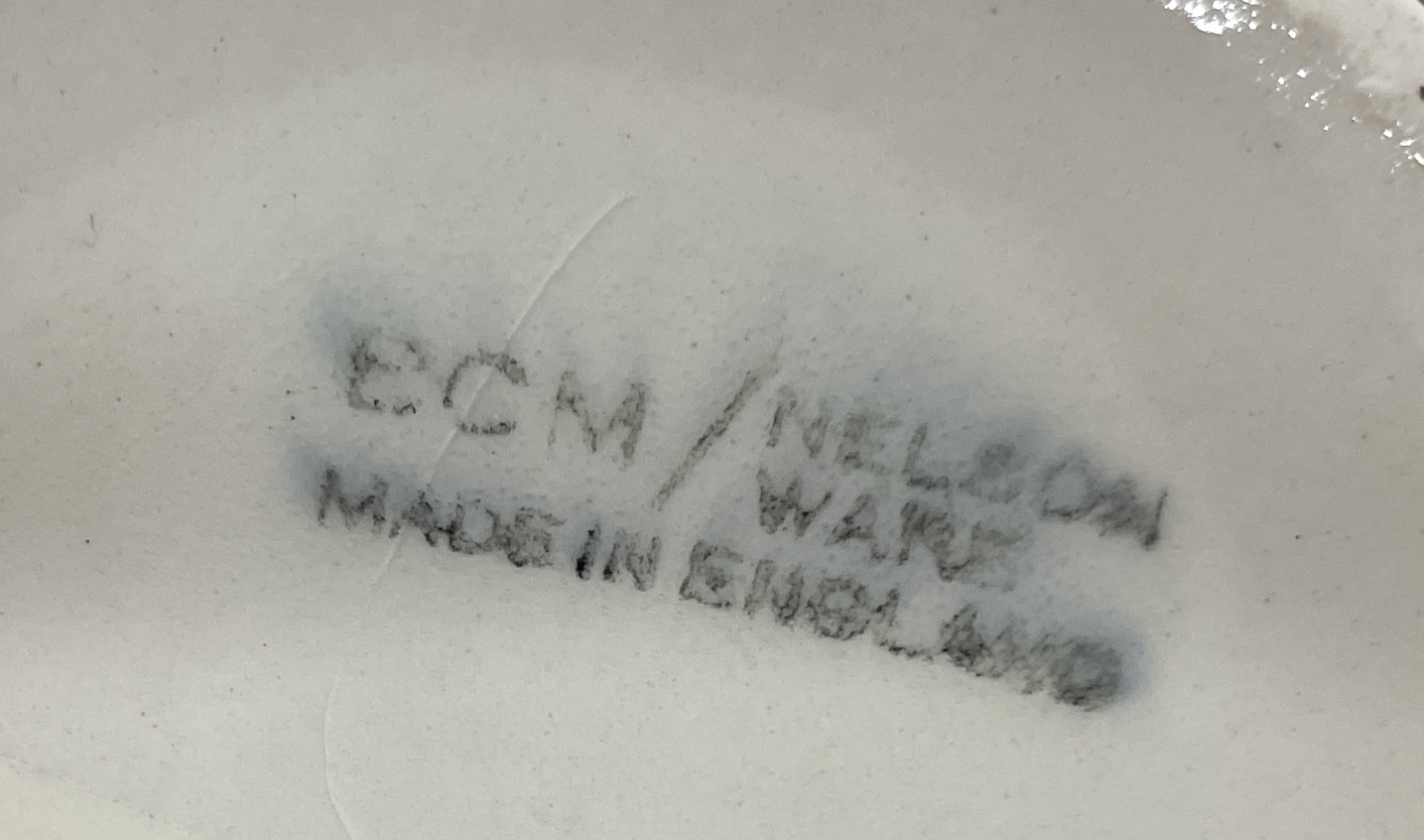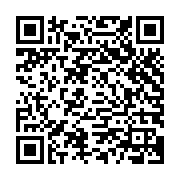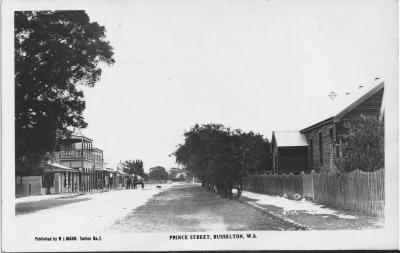Souvenir - George VI Coronation Mug (repurposed for 1949 visit to Australia)
c. 1949This gold rimmed cream china mug has transferware that celebrates the coronation of King George VI in 1937 and the 1949 royal visit to Australia. On the left of the handle the there are oval sepia images of the King and Queen at the time of the coronation surrounded by a border of gold laurels. To the left of the central images are the Union Jack, the English Flag, to the right are the Royal Standard and the Scottish flag, above is a red and gold crown and below is an English rose with a gold ribbon showing wording. On the other side of the cup is wording.
The coronation of King George VI and Queen Elizabeth was performed at Westminster Abbey on 12th May 1937, the date that had been scheduled for the coronation of Edward VIII.
King George VI was born as Albert Frederick Arthur George on 14 December 1895. He was King of the United Kingdom and the Dominions of the British Commonwealth from 11 December 1936 until his death on 6 February 1952. He was also the last Emperor of India from 1936 until the British Raj was dissolved in August 1947 and the first head of the Commonwealth following the London Declaration of 1949.
Albert was the second son of George V and only ascended to the throne as George VI in 1936 after his brother Edward VIII abdicated the throne in order to marry the twice-divorced American socialite Wallis Simpson.
King George VI planned to visit to Australia in 1949 but this visit had to be postponed due to his ill health and when the visit finally eventuated Queen Elizabeth II had ascended the throne after her father’s untimely death.
Details
Details
Above the images of King George VI and Queen Elizabeth is the wording
MAY 1937
CORONATION
Below the images of King George VI and Queen Elizabeth is the wording
KING GEORGE VI QUEEN ELIZABETH
COPYRIGHT VANDYK
On the opposite side of the mug is the wording
TO COMMEMORATE
THE
ROYAL VISIT
TO
AUSTRALIA
1949
On the base of the mug is the makers mark
BCM / NELSON WARE
MADE IN ENGLAND
On 3rd February 1954 the steam ship Gothic, carrying the 27-year-old Queen Elizabeth II and her husband Philip, berthed in Sydney Harbour. At a time when the population of Sydney was 1.8 million, an estimated 1 million well-wishers were there to welcome the first reigning British monarch to set foot on Australian soil. Those who couldn’t be there listened on ABC national radio and for those lucky few with television it was the very first televised event in Australia.
Planning for this royal visit started in 1949, when it was anticipated that King George VI would venture down under. However, the king's visit was postponed due to his ill health and when the visit finally eventuated Queen Elizabeth II had ascended the throne after her father’s untimely death.
At the time the 1954 royal tour was the largest event that had ever been planned in Australia. The royals visited every capital city except Darwin and 40 country towns, including Busselton, during the 58-day tour. They travelled by plane, train, ship and car from Cairns in the north, to Perth in the West and to Hobart in the south. Imagine doing this without our modern technologies!
Queen Elizabeth II visited Busselton on two occasions, one in 1954 and then again in 2000.
The images of King George and Queen Elizabeth are accredited to London photographer Herbert Vandyk, who was the son of German born Carl Vandyk. Carl Vandyk was known for taking images of the British Royal Family including Queen Victoria, King George V and established a studio on Buckingham Palace Road, London which was taken over by his son.
Elijah Cotton founded Lord Nelson Pottery in Hanley, Stoke on Trent in 1885. Cotton started using the brand "Nelson Ware" about 1913 and the use of the name seemed to stop in the 1950's. Lord Nelson Pottery closed in 1981.
The letters BCM, standing for British Commercial Monomarks, was a system launched in 1925 designed to to be used on goods along with an identifying name to uniquely identify the manufacture. Only a small number of pottery companies adopted the BCM system and it was pretty much abandoned by 1929.
Other items from Busselton Historical Society
- Souvenir - Queen Victoria Golden Jubilee Mug
- Postcard - Prince Street, Busselton W.A.
- Souvenir - Charles & Diana Wedding Mug
- Souvenir - Queen Elizabeth II Royal Visit to Australia mug
- Souvenir - Australian Federation mug
- Souvenir - George VI Coronation Mug
- Souvenir - Queen Elizabeth, the Queen Mother 90th Birthday Mug
- Souvenir - King George VI Coronation Biscuit Tin
- Souvenir - Queen Elizabeth II Silver Jubilee Plate
- Princess Mary Brass Gift Tin
- Souvenir - George V Silver Jubilee Mug
- Souvenir - George VI Coronation mug

Scan this QR code to open this page on your phone ->

